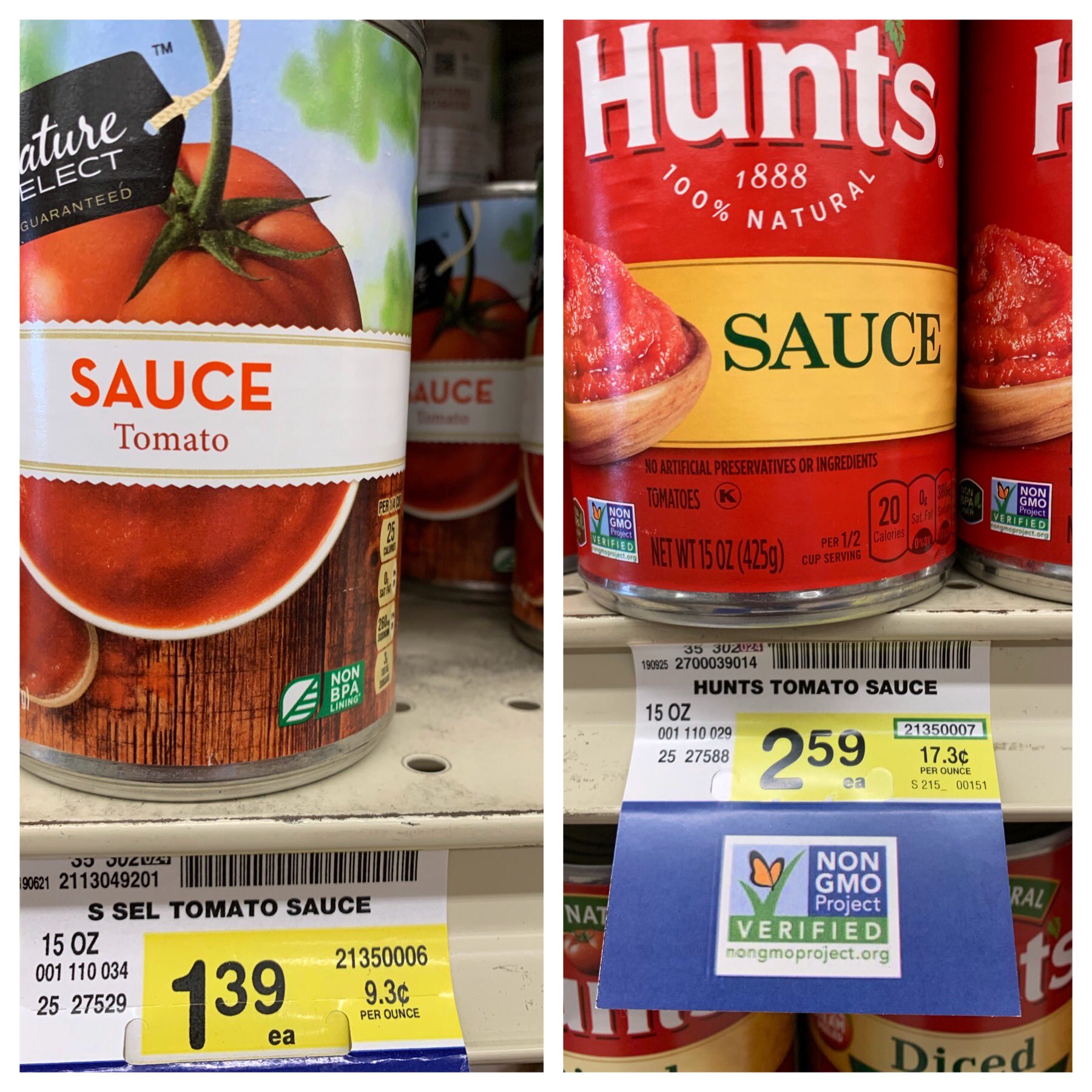The U.S. Federal Trade Commission told Kraft they could not advertise that their cheese "singles" contained 5 ounces of milk because of the implication the cheese might have as much calcium as 5 ounces of milk when, in fact, they really only had as much calcium as 3.5 ounces of milk. Sounds trvial, right? Not at a time when the FTC and FDA defended the public from even subtle marketing deceptions.
Fast forward to today, when plant juice calls itself milk and Non-GMO Project sells a non-GMO rock salt to a consumer base that does not know that in salt, there is no O for a G to M.
A once-vigilant FDA that cared about truth in food refuses to do anything about it.
Writing in Detroit News, I outline the distrust this allowance of hypocrisy has created. And how government has abdicated its responsibility, with even an FDA insider stating plainly, “If FDA had to go after every single one of those containers of salt and other similar types of products, we would probably be doing nothing else.”
By not enforcing their own rules about truth in labeling, FTC and FDA have created a problem they now lament is too big to solve? It's actually easy to solve. Tell fraudsters to either get new labels by December 31st, 2020 or they will a fine for every instance. That is guaranteed to work.
What's wrong with the picture below? There is no such thing as a GMO tomato. Not every shopper is a biologist, so it should be up to FDA and FTC to stop this nonsense. If they did enforce existing laws, companies would have to stop selling the intellectual placebo of a Non-GMO Project label at nearly twice the cost.

Credit: University of Hawaii Manoa Professor Douglas Vincent
The Non-GMO Project’s butterfly label advertises the lack of one specific genetic engineering process, even for products for which no Genetically Modified Organism version exists. That's fraud, just like if I create a cheese label that says "Carcinogen-Free", suggesting that other cheese does have carcinogens. GMOs got a patent because they were one precise technology owned by one company and even decades later (the first GMOs are now off patent) there are only 10 foods that are GMO. And yet Non-GMO Project has sold a sticker that is on 50,000 products.
Yet Non-GMO Project is even less ethical than simply putting Non-GMO Project labels on any product that will send them a check, they will even certify genetically-engineered products created using Mutagenesis, which is the technology invented before less precise GMOs that quite literally came from bathing seeds in chemicals and radiation. There is nothing wrong with mutagenesis, there are 2,000 plants out there right now created that way, but it is still genetic engineering - just far less precise than GMOs and CRISPR-Cas9.
Fraudulent food claims have become the norm - I suppose I can now advertise my pork chops are vegan and if consumers don't know that's impossible, the way they don't know that there is no GMO tomato, well, that's their problem. I might do so just to see if we can shake FDA and FTC out of their haze.
These products overwhelmingly scare the poor. And that is shameful. Which is why an ethical FDA would put a stop to it and stop hiding behind the volume of labels created because they refused to protect the public in the first place.





Comments